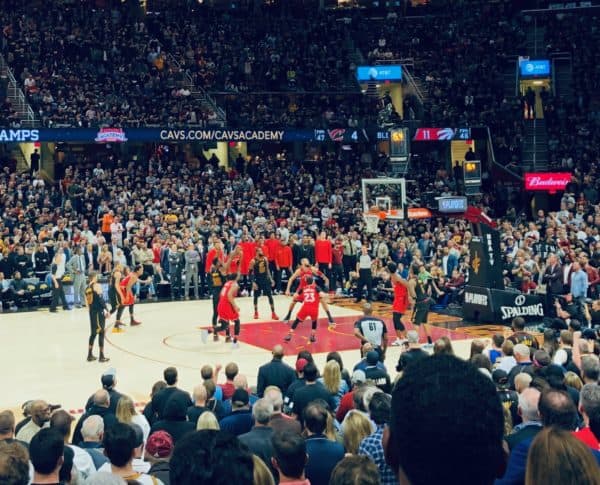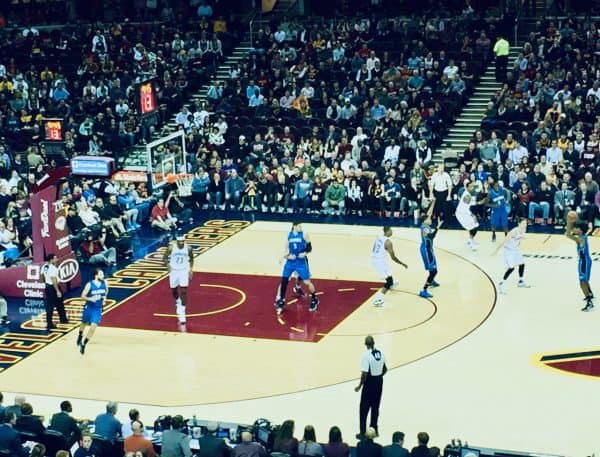Adrienne O’Keeffe, associate VP of partnerships at the National Basketball Association (NBA), and Sophie Gage, counsel at the National Football League (NFL) Player’s Association, recently took part in a panel discussion during which they talked about the potential value of blockchain or distributed ledger tech (DLT) for big company brands.
O’Keeffe and Gage were attending the NFT NYC event, which took place near Times Square and is focused on discussing the potential applications of non-fungible tokens (NFTs).
Most of the firms at NFT NYC were early-stage companies that were trying to onboard new users, with the exception of the NBA and NFL, which already have hundreds of millions of fans across the globe.
Commenting on the use cases for NFTs in the sporting industry, O’Keeffe told Cointelegraph:
“This is a new way for fans to connect with our games.”
Gage, a legal expert, pointed out that “there is a lot of uncertainty: are these utilities, are these securities?”
Panini, an established company in the traditional players’ cards market, has introduced blockchain-enabled collectible cards for the NBA, NFL, MLB, and several soccer teams.
Gage noted that it’s “a new area for growth,” and that there could be “a lot of untapped potential.”
The NBA has been testing software developed on public (permissionless) and private (permissioned) DLT networks, each coming with its own advantages and disadvantages.
Public chains give users more freedom and may allow for greater engagement but at the cost of giving up control. Meanwhile, private chains might give people more control, but then they have to give up freedom and engagement.
O’Keeffe offered advice to crypto entrepreneurs planning to market their products and services to the NBA:
“We have met with dozens of companies in the space. They were coming to us with capabilities, not products.”
NBA Nets player Spencer Dinwiddie recently tried to tokenize his professional basketball contract. However, the NBA did not approve it because it violated the terms and condition of players’ contracts with the league.



